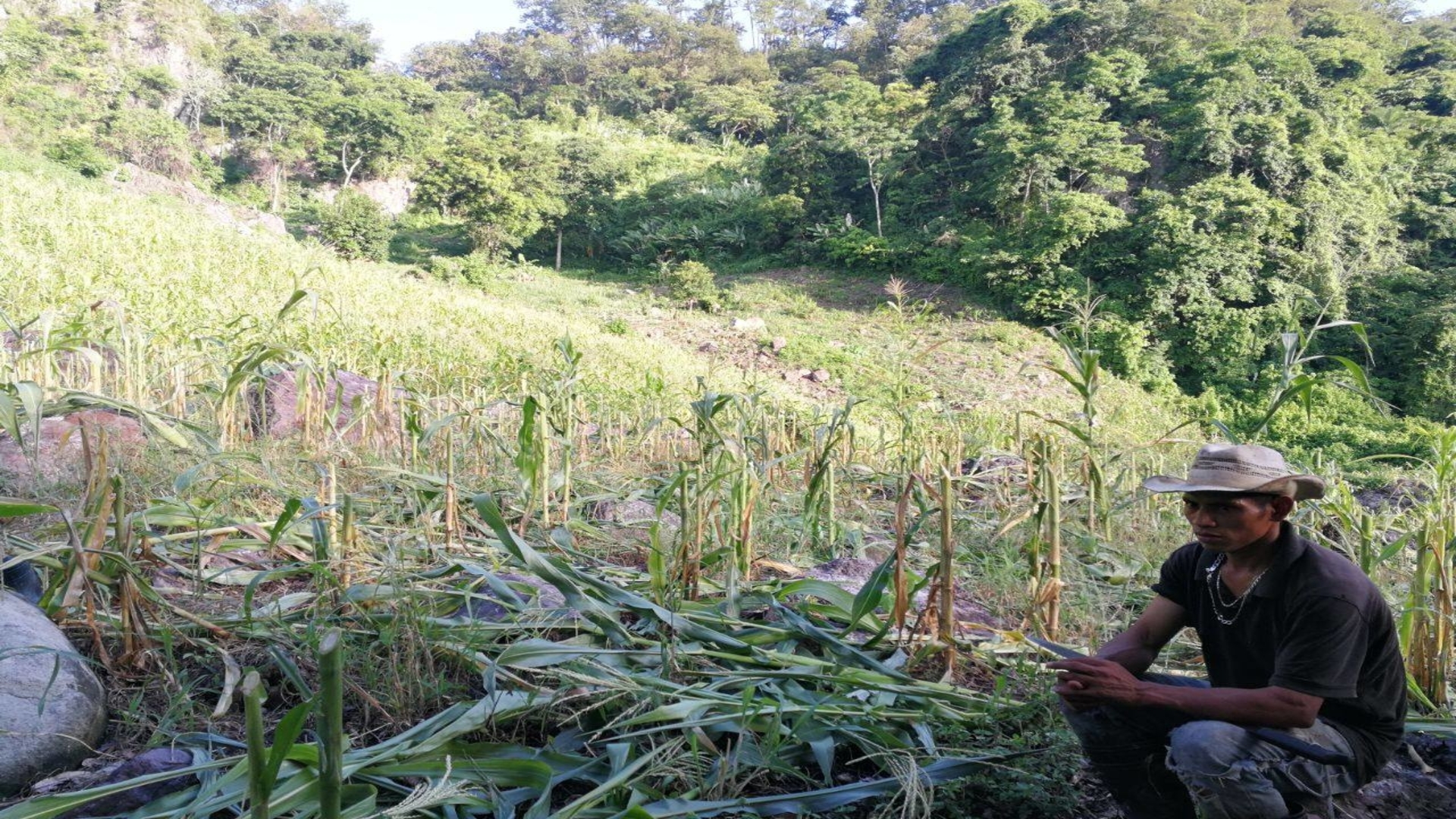Members of the Lenca community in Río Blanco in the northwestern region of Honduras woke up on July 16 to find that 15 sections of their corn crops had been destroyed during the night. The crops are grown collectively and serve as a means of sustenance for 25 families. The community which is organized under the banner of the Civic Council of Popular and Indigenous Organizations of Honduras (COPINH) said the attack was perpetrated by members of the Madrid family, associated with one of Honduras’ powerful families, the Atala Zablahs.
The Lenca people in Río Blanco have been the targets of harassment, persecution and violence by the Madrid family (and by Honduran police) since 2012, when they, along with COPINH, began to resist the hydroelectric project, Agua Zarca. The Agua Zarca project is promoted by Desarrollos Energéticos S.A., (DESA) and is proposed to be constructed on the Gualcarque river, which is considered sacred by the Lenca community. Several international financial institutions and development banks, as well as from the Atala Zablah family, have invested in the project.
The process in which DESA was granted the concession for Agua Zarca was marked by irregularities and the individuals involved in the process were even brought to court on charges of corruption. The right of the Lenca people to a free, prior and informed consultation (guaranteed by the ILO Convention 169 which Honduras ratified in 1997 thanks to a struggle fought by COPINH) about whether they wanted the project in their territory was also violated.
Throughout these last seven years, the Madrid family have served as DESA’s local agents and have harassed the organized communities to create favorable conditions for the company to proceed with the project. It is in this context that members of COPINH and the Río Blanco community, such as Tomás García and Berta Cáceres, were assassinated by state forces and death squads in order to quash their resistance.
The community said that when the project began, the Madrid family stole ancestral lands of the Río Blanco community to illegally sell it to the DESA company for the construction of the dam. In 2016, following the assassination of Berta Cáceres, these same ancentral territories of La Vega del Achotal and El Culatón which lie on the banks of the Gualcarque river were recovered by the Lenca people in Río Blanco.
The community said that following the land recovery, members of the Madrid family would regularly enter the land, armed with rifles and pistols, and bring cattle that would destroy their corn and bean crops, the staple food of the community. On April 9, 2017, Leonel Madrid set the communities’ corn crops, as well as a large section of the pine and oak forest, ablaze. These rampant criminal acts went completely unchecked by Honduran authorities despite consistent and thorough denouncements.
Most recently, COPINH denounced the fact that on May 2 this year, their comrade Rosalina Domínguez of the Río Blanco community and others were continuously threatened by members of the Madrid family, who carry firearms. These threats came even as the community was planting in their ancestral lands. Rosalina was especially singled out as the organizer of the community and they threatened to kill her.
Following the latest attack on the community’s crops, Domínguez and Lucío Sánchez, the president of the Indigenous Council of Río Blanco, condemned the aggression and have called on Honduran authorities to investigate this crime and ensure the safety of the Lenca community.
Domínguez vowed, “We will continue fighting, we will continue planting…they will not take us away from here, they will not defeat us. This is how we continue the struggle of our comrade Berta [Cáceres]. We will continue the fight because the river flows…we will not back down from this struggle.”
Social movements and human rights organizations in Honduras have rallied around the community and have organized a donation drive to support them since their principal source of sustenance has been temporarily destroyed.





